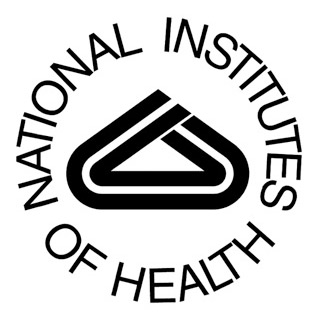
Investigators carried out genetic analyses for figuring out whether which serotonin transporter gene variants were carried by study subject. Then the participants were randomly selected to receive treatment regimens with ondansetron or placebo. Ondansetron is a form of medication that is presumably employed after chemotherapy for treating nausea and vomiting. This drug supposedly halts receptors for the brain chemical serotonin. Experts observed that volunteers with the LL genotype provided with ondansetron had a declined average number of daily drinks, which were less than five drinks. LL subjects on placebo, reported consumption of five or more drinks per day.
Participants with the LL genotype receiving ondansetron also registered significantly more days of abstinence than those on placebo. The effects of ondansetron appeared more strongly in volunteers having both the LL and TT gene variants. On the other hand, subjects lacking the LL variant did not report any benefits of the medication. Bankole Johnson, M.D., Ph.D., professor and chair of the Department of Psychiatry and Neurobehavioral Sciences at the University of Virginia, Charlottesville, and colleagues suggest that personalized medicine help to better predict a successful treatment option.
The study is published online in the American Journal of Psychiatry.
